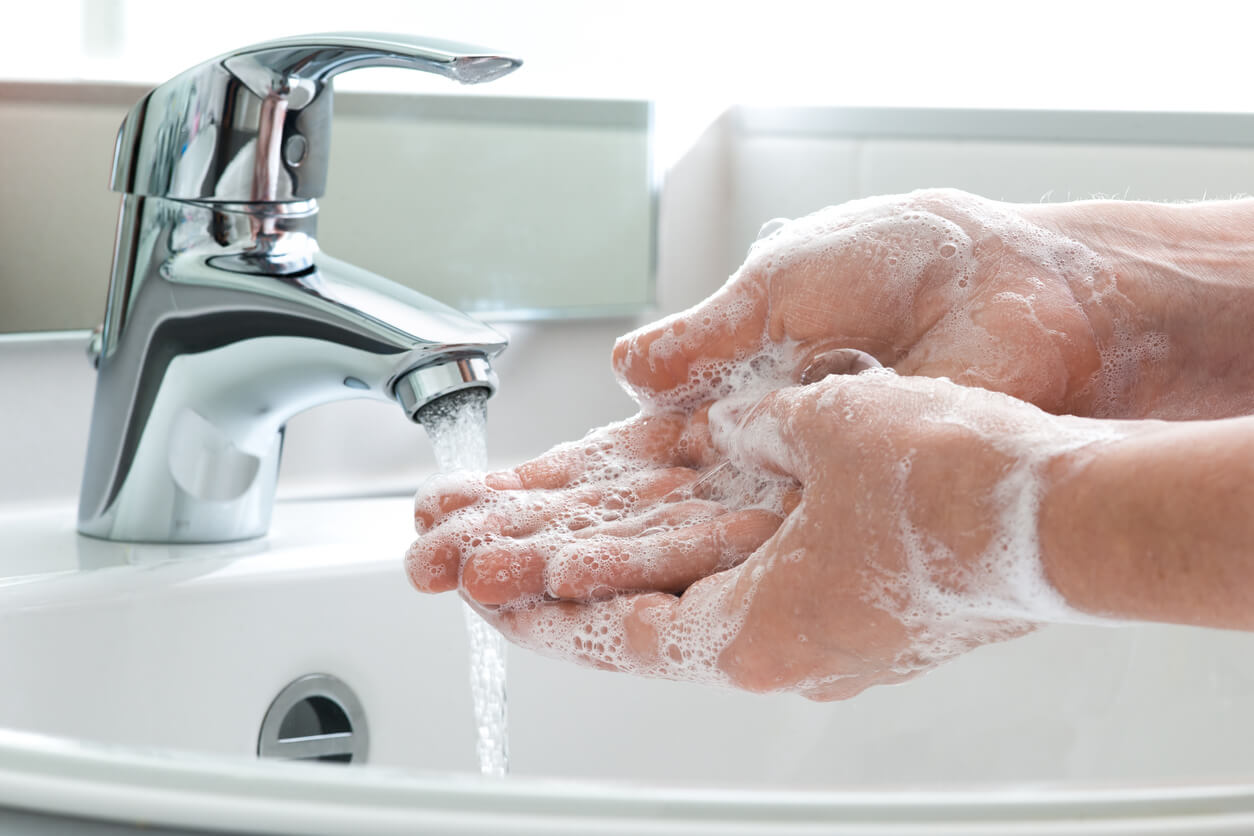Contamination Concerns Prompt National Recall of 40+ DermaRite Products

DermaRite Industries has voluntarily recalled more than 40 over-the-counter skin care and hygiene products after testing found possible contamination with a bacterium that can cause life-threatening infections.
The initial recall, announced in early August, included four products suspected of contamination with Burkholderia cepacia complex (Bcc).
Later that month, the company expanded the recall to include a wider range of products, such as soaps, sanitizers, skin protectants, antifungal creams and wound cleansers. Many of these products are used in hospitals, nursing homes and home care settings. It’s unclear how the items became contaminated, and consumers are advised to discard any affected products.
“We recognize the impact this situation may have caused and sincerely regret any inconvenience,” the company said in a September 8 statement. “Restoring full product availability is our top priority.”
Products Included in the Recall
Dozens of products are included in the voluntary recall. Consumers should check product labels, verify lot numbers and discard any affected items.
The recall includes DermaFungal, 4-N-1 Wash Cream, DermaCerin, DermaDaily Lotion, DermaKleen, DermaVantage, KleenFoam, Renew Skin Repair and dozens of other products. A full list, including lot numbers, is available on the DermaRite website. All affected products have an expiration date of August 2027.
However, the company noted that its wound care and nutritional products are not affected by the recall.
What is Burkholderia cepacia?
DermaRite issued the recall after detecting B. cepacia, a group of bacteria that can cause serious infections, particularly in people with weakened immune systems or chronic lung conditions such as cystic fibrosis.
According to the Centers for Disease Control and Prevention, Bcc is naturally found in soil and water, but it poses a serious risk in health care settings, where it can spread through contaminated products, surfaces or equipment.
Bacterial infection can cause fever, fatigue or serious respiratory infections or in some cases lead to bloodstream infections and life-threatening sepsis. People with healthy immune systems have little risk of exposure, according to the CDC.
Health officials encourage patients and caregivers to take preventive measures, such as avoiding exposure of wounds or medical devices to nonsterile water and practicing proper hand hygiene.
In earlier, unrelated B. cepacia outbreaks, people were hospitalized after using contaminated cleansing foams, IV flush syringes and stool softeners.
Any adverse reactions to the affected DermaRite products can be reported to the FDA’s MedWatch Adverse Event Reporting program online, by mail or fax.
Consumers with questions can call the company at 888-943-5190 Monday through Friday, 8:00 A.M. to 5:00 P.M. Eastern Standard Time, or email dermarite5186@sedgwick.com.

